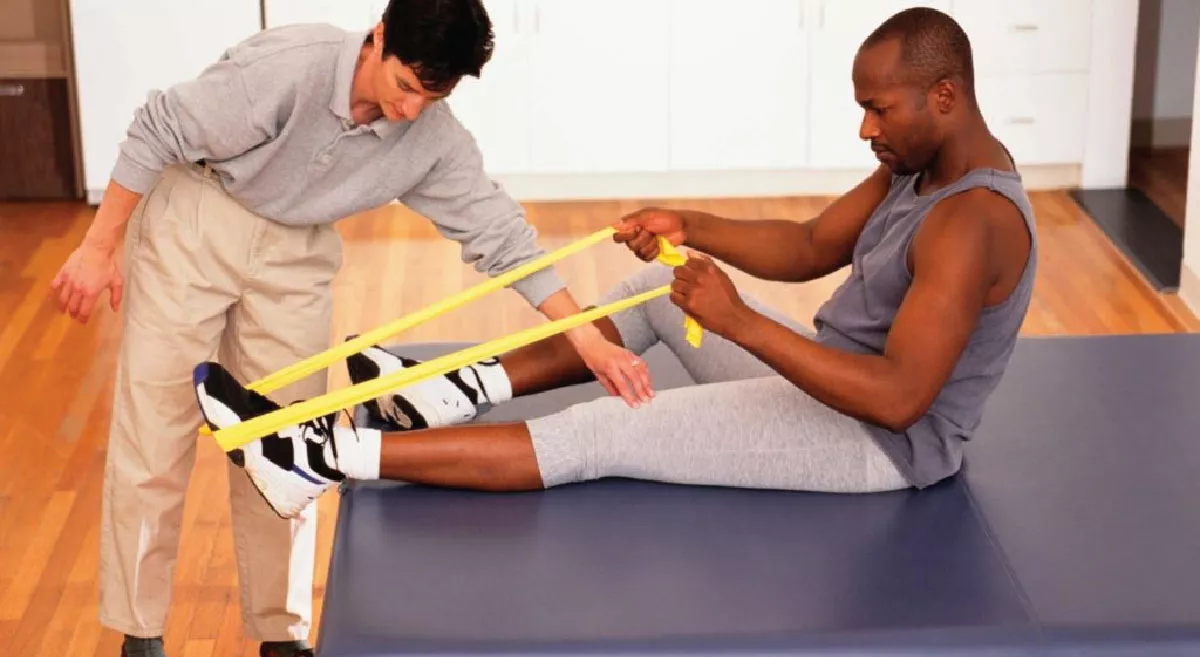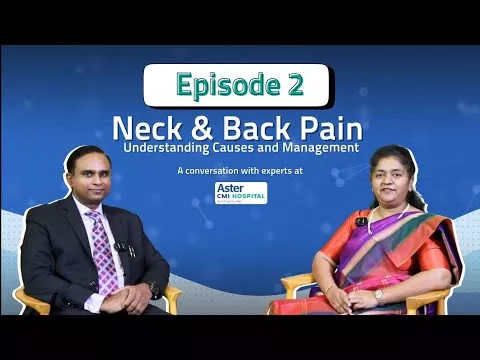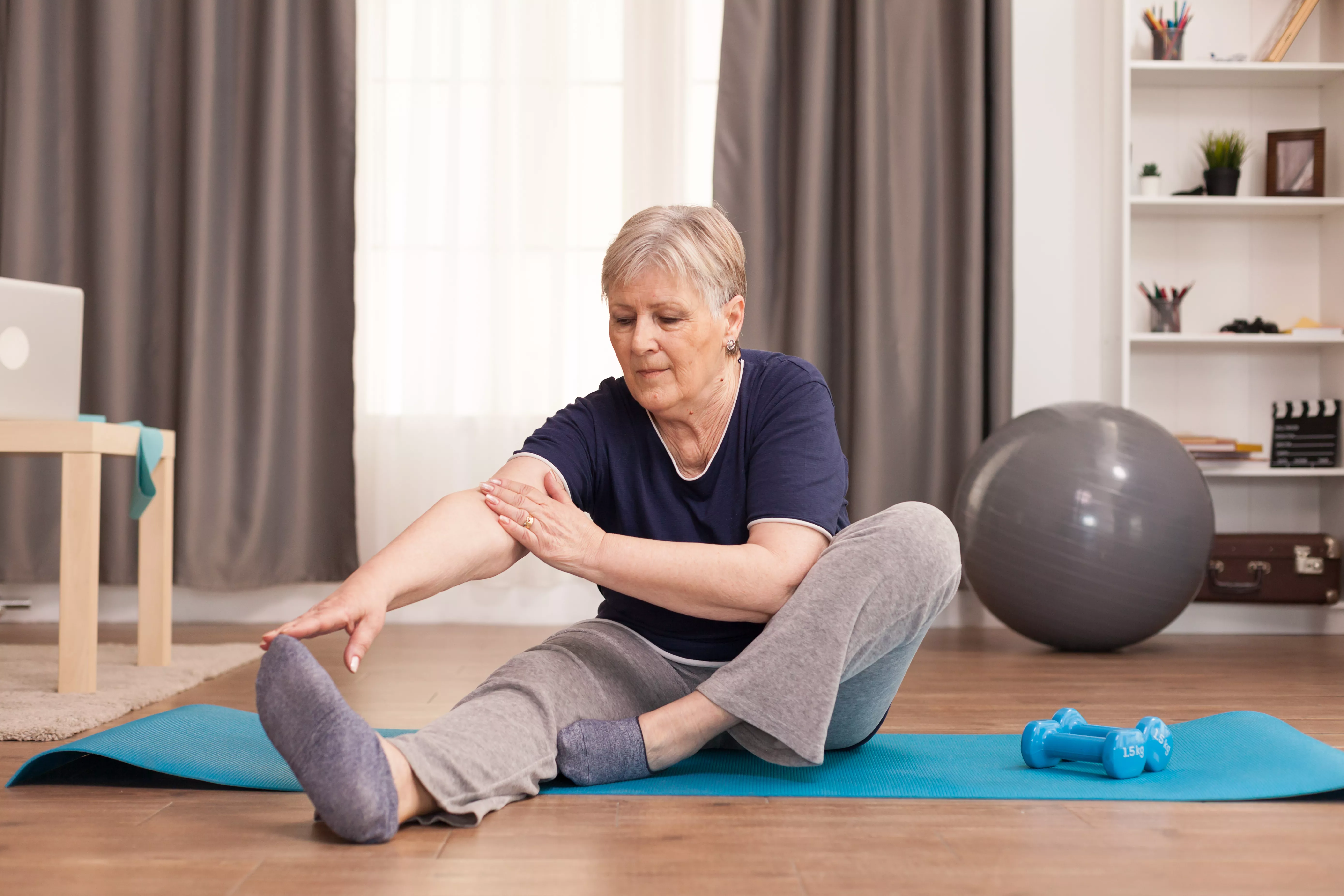Chronic pain is an enduring challenge that affects millions of people worldwide, diminishing their quality of life and creating a ripple effect that touches all aspects of daily living. The management of chronic pain necessitates a holistic approach, with the biopsychosocial model at its core. This model emphasizes the need for a comprehensive strategy that addresses not only the physical but also the psychological and social dimensions of chronic pain. Relaxation is a cornerstone in this multidimensional approach, essential for achieving balance in a world where stress and physical strain are ever-present, particularly in the wake of COVID-19 and the rise of remote work.
Work-Life Balance: The Forgotten Essential
The COVID-19 pandemic has reshaped the way we work, with many shifting to remote or hybrid models. While this transition has offered flexibility, it has also blurred the lines between work and personal life. The lack of clear boundaries can lead to prolonged working hours, increased stress, and a significant impact on overall well-being. Without the ability to switch off, chronic pain can worsen, as the body is constantly in a state of heightened tension. Relaxation techniques, therefore, become essential to re-establish boundaries and ensure that work-life balance is maintained, preventing the escalation of stress-related pain.
Healthy Habits: The Role of Physical Activity
Physical activity is vital in managing chronic pain, particularly when it comes to maintaining muscle health and preventing the exacerbation of pain. Muscles are not only the primary components of locomotion but also the largest organs in our bodies. When relaxation is neglected, these muscles become prone to tension and injury, especially when coupled with poor ergonomics, lack of sleep, anxiety, or depression. Regular physical activity, paired with proper relaxation techniques, helps to maintain muscle function, prevent strain injuries, and improve overall pain management.
Diet and Hydration: The Unsung Heroes
A well-balanced diet and adequate water intake are often overlooked in chronic pain management but play crucial roles in maintaining physical and mental health. Proper nutrition supports the body’s natural healing processes and helps maintain energy levels, which are often depleted in those suffering from chronic pain. Dehydration, on the other hand, can lead to increased pain sensitivity and muscle cramps, making it essential to maintain good hydration as part of a comprehensive pain management strategy.











